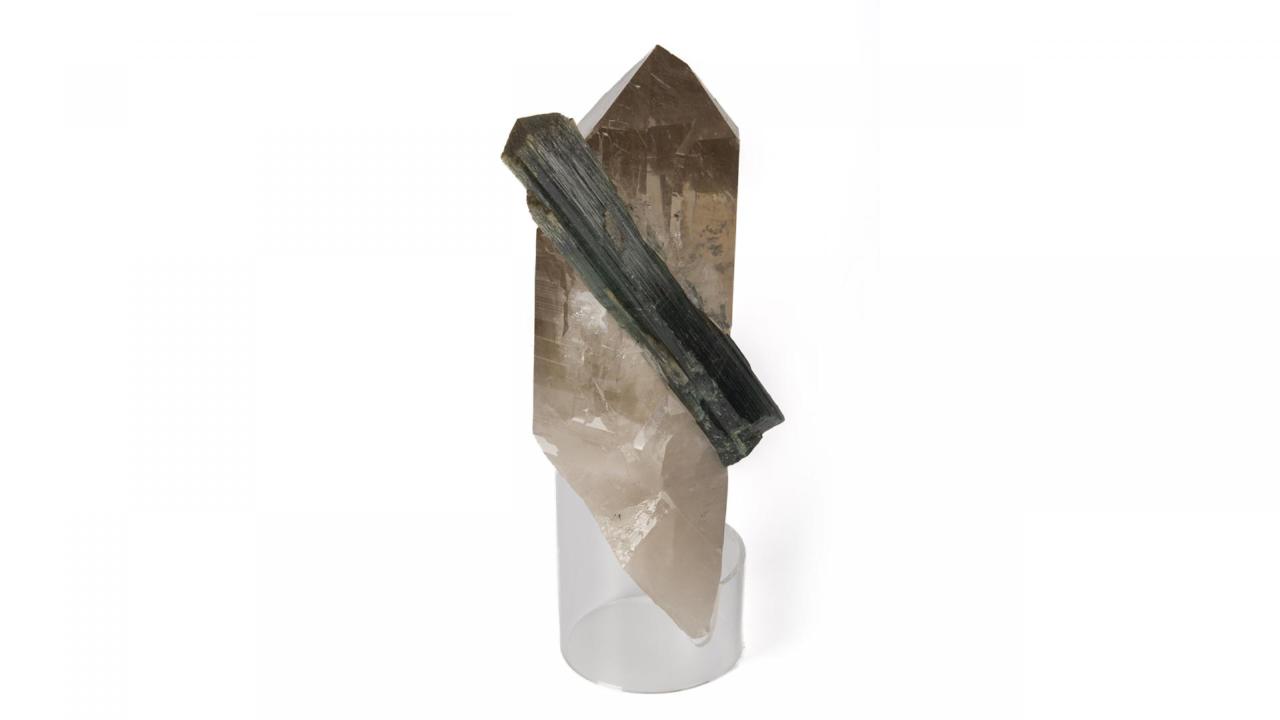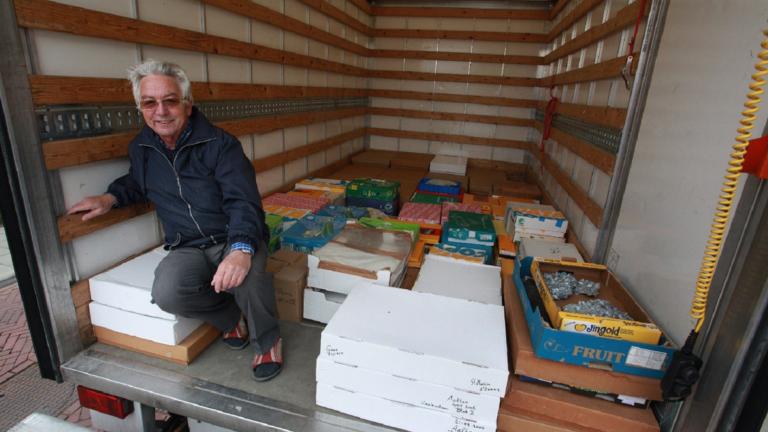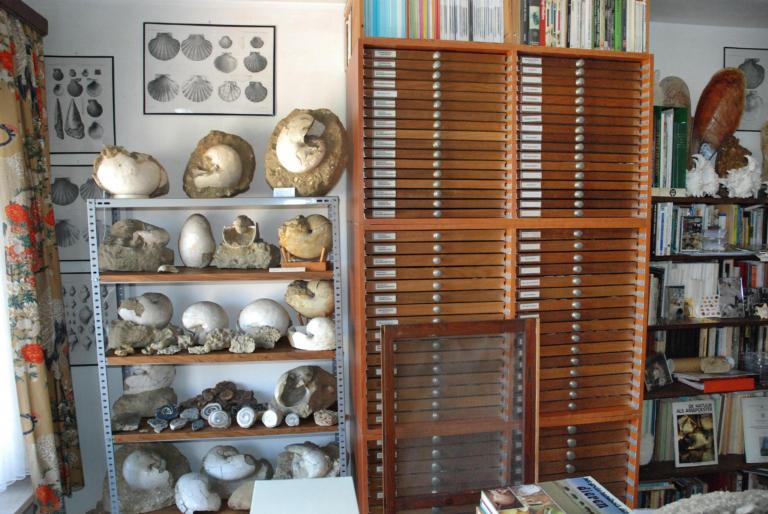
Naturalis' collection consists largely of donated private collections. They are important for diverse scientific research, such as describing new species, biodiversity research and historical research. Through long-term collection, proper preparation and documentation, many private collectors build up a collection of great scientific value, especially if they are specialists in a particular field. We are very happy about this: but unfortunately, not all objects are suitable for inclusion in our collection.
Strictselection
Naturalis has over 43 million objects in its collection. Additions must therefore be of scientific value and complement what we already have. Naturalis applies strict selection criteria, with the collection plan at the forefront, which describes how Naturalis wants to develop its collection. Objects must also be well documented, with collection data such as location, collection date and stratigraphic data. All required clearances must also be present.
We can'ttake in everything
Naturalis can only accept collections that comply with national and international laws and regulations. These include CITES (protection of endangered species) and the Nagoya Protocol (genetic resources). All collections need to be legally obtained. Without proper documentation, Naturalis is simply not allowed to accept certain species, or material from specific areas.
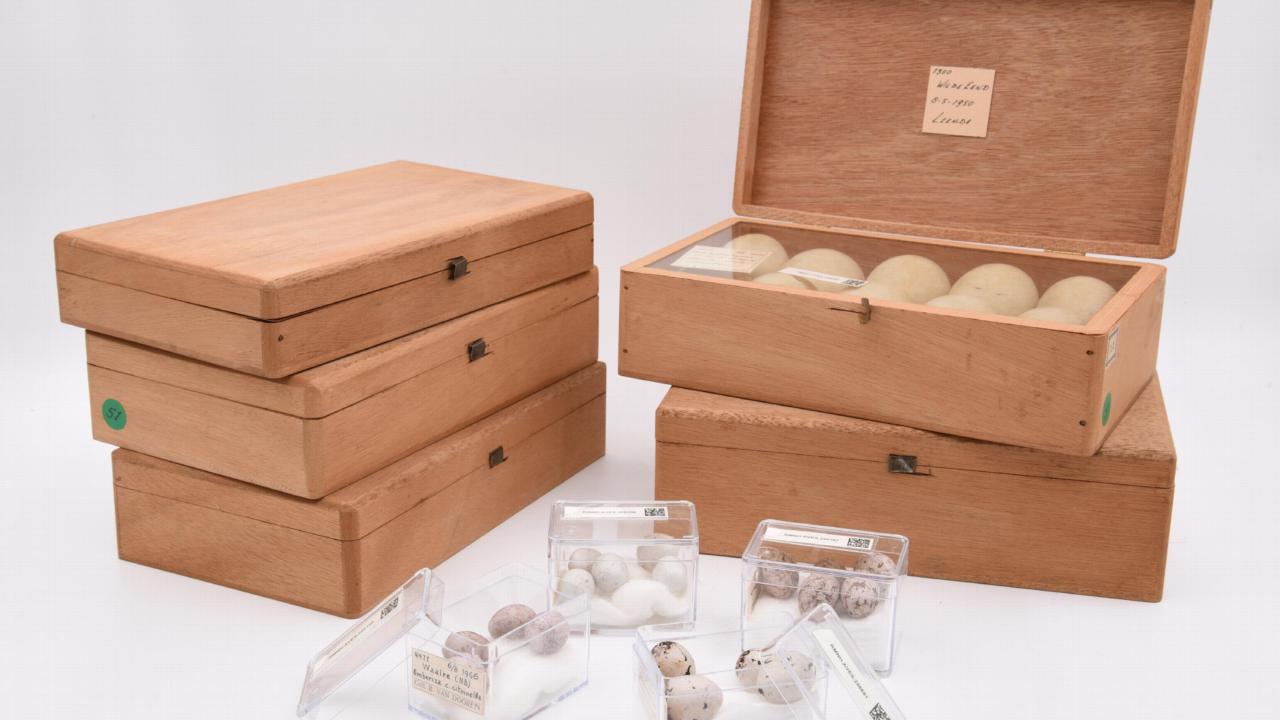
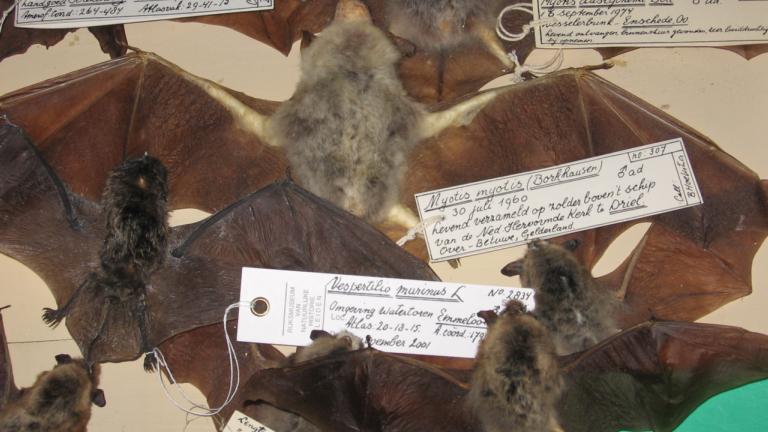
Making a selection
When offering a collection, the collection manager will sometimes already be able to judge whether an object or collection is of interest to Naturalis or not on the basis of the e-mail exchange, telephone conversation and photos. If on-site assessment proves necessary, we are happy to visit for an inspection. This involves taking photographs and examining the content of the collection. On this basis, the collection manager draws up a report in which we take into account contextual data and related documentation. The report is assessed by an internal committee, which decides on the (partial) acceptance of the offered collection. Important: Naturalis accepts donations, but does not purchase collections, to avoid commercialisation.
